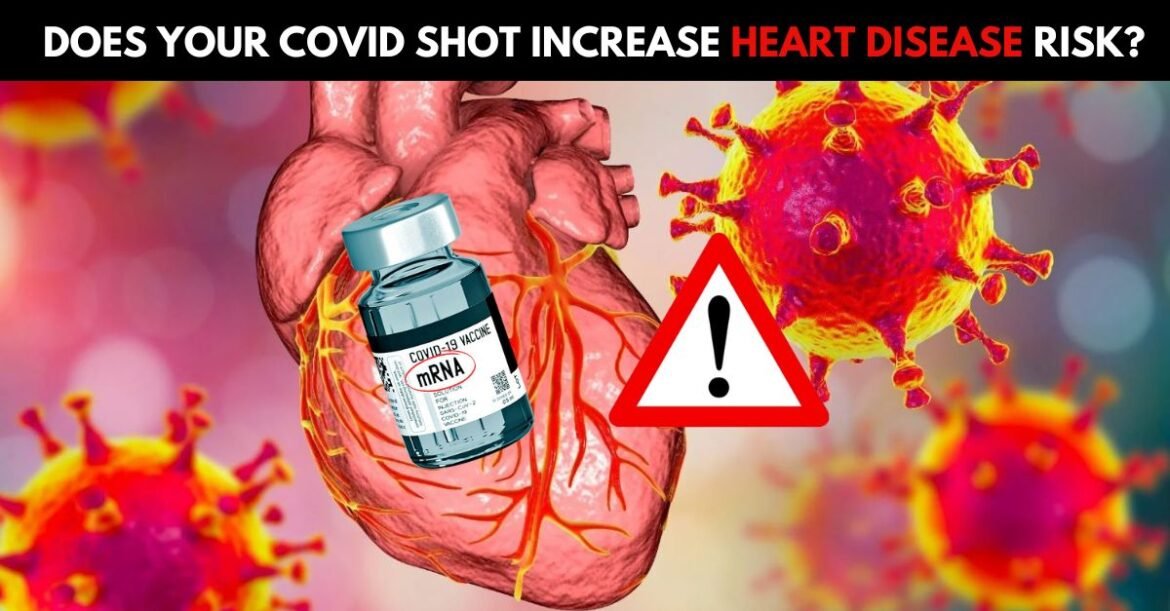A recent study published on October 24 in Epidemiology and Infection by South Korean researchers has revealed potential differences in heart disease risk associated with various COVID-19 vaccines. According to the study, people who received a single dose of an mRNA vaccine (Pfizer-BioNTech or Moderna) appeared to face a higher risk of acute heart disease compared to those who received non-mRNA vaccines, such as AstraZeneca, Janssen, or Novavax. This risk was most prominent in individuals aged 10 to 59 and less noticeable in people over 60.
Heart Health and Vaccine Type: Study Insights
The researchers examined heart-related adverse events in the three weeks following the first vaccine dose among a sample of over 3 million individuals. They specifically analyzed incidents like acute cardiac injury, myocarditis, pericarditis, cardiac arrest, and arrhythmias in relation to both vaccine type and any COVID-19 infection within 21 days post-vaccination.
The study showed an increased risk of heart-related issues in people receiving mRNA COVID vaccines versus other types. Additionally, people who contracted COVID-19 within 21 days of their initial vaccine dose also showed a higher incidence of heart disease. However, this increased risk was independent of whether they received an mRNA or non-mRNA vaccine, meaning that a COVID-19 infection alone could elevate heart risk factors.
Dr. Karl Jablonowski, senior research scientist at Children’s Health Defense, commented on the study, describing it as “compelling.” He explained that this increased risk for mRNA products is “biologically plausible” and may indicate broader health effects beyond the more commonly studied myocarditis and pericarditis.
Limitations and Call for Further Study
The authors of the study noted a few limitations. Their analysis was restricted to cardiac events within three weeks of the first vaccine dose due to the data available. As they explained, “an adverse event related to the vaccine was considered to be a new acute heart disease-related diagnosis occurring within 21 days of the first dose vaccination date.” Ideally, the study would have extended beyond the first dose, as previous research has indicated that heart-related side effects might be more common after a second mRNA vaccine dose.
Related post: New Findings Reveal Undeclared Heavy Metals and Chemicals in COVID-19 Vaccines
Jablonowski highlighted another potential factor, suggesting that the timing of vaccine availability could have influenced the study’s outcomes, as non-mRNA vaccines may have been administered differently over time. Such variations could impact results, he noted, and should be considered in future research. This study, funded by the South Korean government through a National Research Foundation of Korea grant, provides valuable initial data on the cardiovascular implications of different COVID-19 vaccines. However, the researchers emphasized the need for additional studies to fully understand the long-term effects and relative risks associated with each vaccine type.





